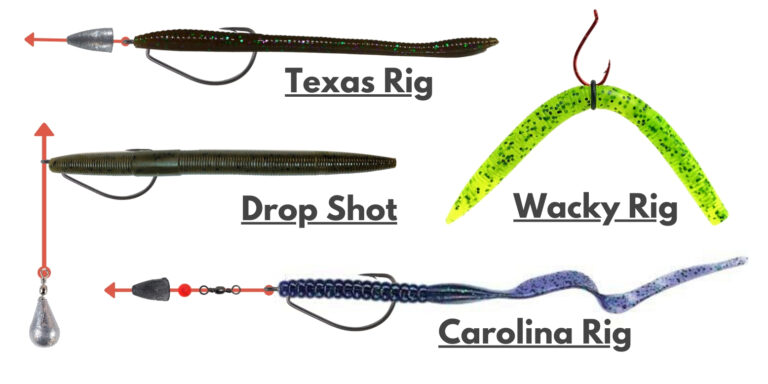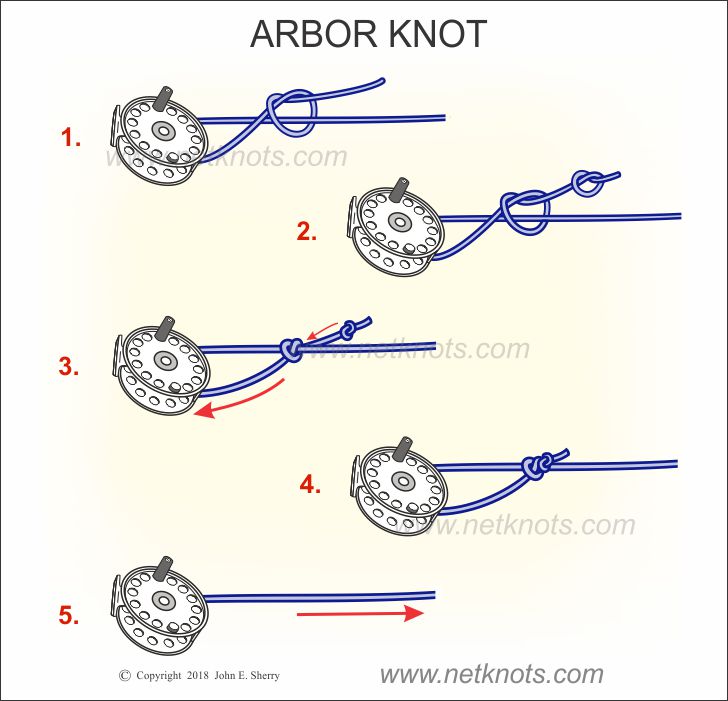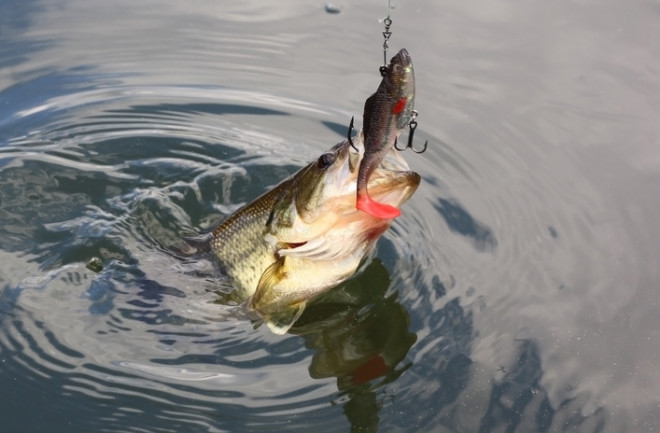How Long Does Braided Line Last
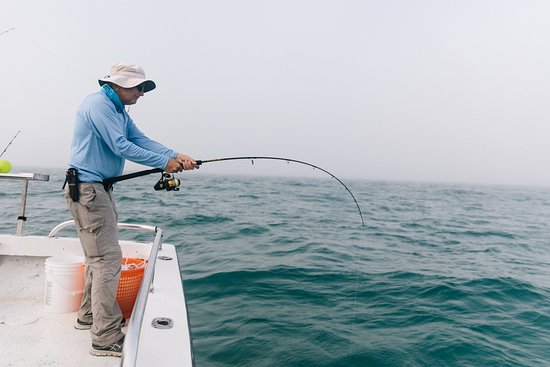
Braided fishing line can last between 1 to 5 years with proper care. Its durability depends on usage frequency and environmental conditions.
Choosing the right fishing line is crucial for both amateur and professional anglers. Braided lines offer a significant advantage with their long lifespan, lack of stretch, and great strength. They perform exceptionally well in various fishing conditions, making them a top choice for those targeting both small and large species.
Since braided lines are also resistant to UV light and abrasion, they maintain their integrity over time. Despite their higher upfront cost compared to monofilament lines, their longevity and reliability can make them a more cost-effective choice in the long run. Regular inspection and proper maintenance, including storage and cleaning, play a key role in maximizing the life of your braided line.
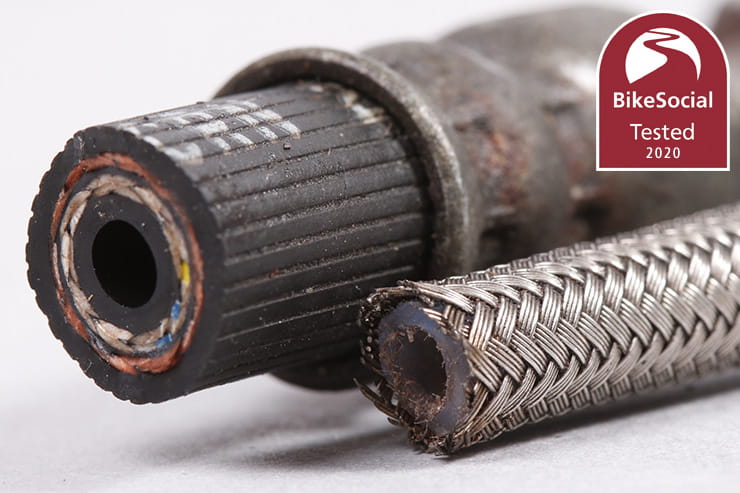
Credit: www.bennetts.co.uk
The Lifespan Of Braided Line
Braided line’s lifespan significantly outperforms other fishing line types, like monofilament and fluorocarbon. A braided line can last several fishing seasons due to its resistance to UV rays and lack of memory. On the other hand, monofilament lines may require replacing every season.
Fluorocarbon lines, noted for their near invisibility under water, have good abrasion resistance but could also suffer from the effects of prolonged exposure to the elements. While the initial cost of braided line may be higher, long-term durability translates into better value over time.
Maintaining Your Braided Line
Maintaining your braided line requires attention to storage and cleaning. Proper storage tips include keeping the line dry and away from sunlight. UV rays can weaken the line. Use a spool to prevent tangles and kinks.
Cleaning techniques involve rinsing with fresh water after saltwater use. Let it dry completely before storage. Avoid using chemicals or detergents as they can damage the line.
Signs Of Wear And Tear
Braided line deterioration shows in several ways. Two main signs are visible damage and performance issues. Let’s delve into each one.
For visible damage, look at your line closely. You may find frays or faded colors. This means the line’s strength is compromised. Also, check for any inconsistent textures. They may signal weak spots where the line can snap.
Performance issues often show up during casts and retrieves. Lines past their prime may not cast as far. They can also cause unexpected knots or snags. If you notice these issues, it’s a sign to consider replacement.
| Sign | Indicator |
|---|---|
| Visible Damage | Fraying, color fading, texture changes |
| Performance Issues | Shorter casts, knots, snags |
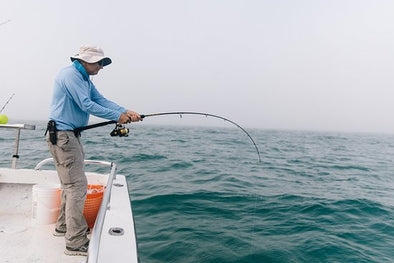
Credit: www.southernfinapparel.com
Maximizing Braided Line Life
To ensure your braided line lasts longer, establish a regular inspection routine. Look for signs like fraying, color fading, and abrasion. This can help detect issues before they lead to breakage.
Best practices for use include avoiding rough surfaces. They can damage the line. Also, don’t overfill your reel. Too much line can cause tangles. And, use line conditioner to maintain strength and flexibility. By following these tips, you’ll get more out of your braided line.
When To Replace Your Braided Line
The lifespan of braided line often depends on usage and care. Frequent anglers should check their lines more often than casual fishers. Factors like exposure to UV rays and saltwater can weaken the line over time. Inspect your braided line for fading, fraying, or inconsistent texture.
To gauge line strength, perform a tensile test. Tie a hook or lure and pull; any sign of weakness or damage suggests it’s time for a replacement. Proper storage and maintenance, like using line conditioner and avoiding constant direct sunlight, can extend its life. Expect an average use of 1-2 years for active fishers. Yet, those fishing in harsh conditions should evaluate their lines even more frequently.
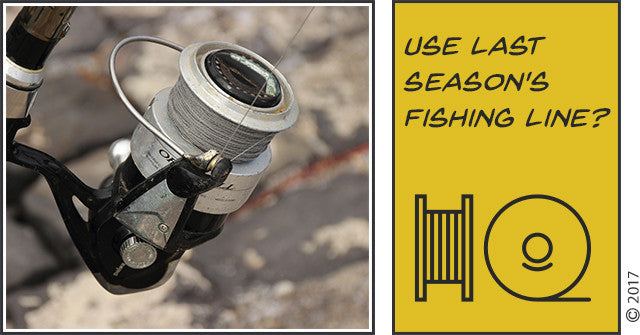
Credit: tyepro.com
Frequently Asked Questions For How Long Does Braided Line Last
How Often Should You Replace Braided Line?
Replace braided line every 2-3 years or if you notice fraying, color fading, or weakened strength. Regular anglers should inspect lines more frequently for wear and tear.
Is There A Downside To Braided Line?
Braided line can be less abrasion-resistant and visible to fish, potentially reducing your catch rate. It also lacks stretch, making it less forgiving with sudden impacts.
Does Braid Last Longer Than Mono?
Yes, braid fishing line typically lasts longer than monofilament due to its greater abrasion resistance and lack of memory, leading to less frequent line changes.
How Long Is Fishing Line Good For If Not Used?
Unused fishing line, stored properly away from heat and light, can last for 2 to 3 years. Regular checks for brittleness or discoloration are recommended to ensure its strength and quality are maintained.
Conclusion
Durability is vital in fishing gear, and braided line longevity is no exception. Proper care extends its life, ensuring many successful trips. Remember, routinely checking for wear and damage is crucial. Embrace these tips for a resilient setup, bolstering every cast and catch.
Enjoy the endurance of your braided line!
